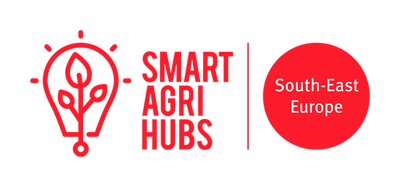Get to know
The SmartAgriHubs taskforce was established with the aim to raise awareness among the SmartAgriHubs community, and the wider Agri-Food network, about gender inclusiveness and equality. Therefore, towards that end, the taskforce is taking action. One of the ways in which this is translated is the newsletter you are reading right now.
With this in the back of our mind, we set out to search for interesting stories from the SmartAgriHubs ecosystem. In this issue you can find an interview with Iryna Tytarchuk who works to support female entrepreneurs as co-founder of Women IN. Coldiretti Donne Impresa tells us about the strengths of women led businesses. And in a column by MIJARC you can read about the challenges and solutions related to equality in the agri-food sector.
These are the stories from our community – inspiring, illuminating, and full of useful actions. This newsletter gives their stories a podium
Resilience and community wellbeing
Resilience and a focus on the wellbeing of the community. These are some of the strengths of women and female-run agricultural enterprises that Coldiretti Donne Impresa, the movement for the protection and promotion of female entrepreneurship of Coldiretti, the largest Italian and European...
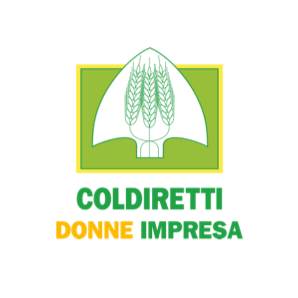
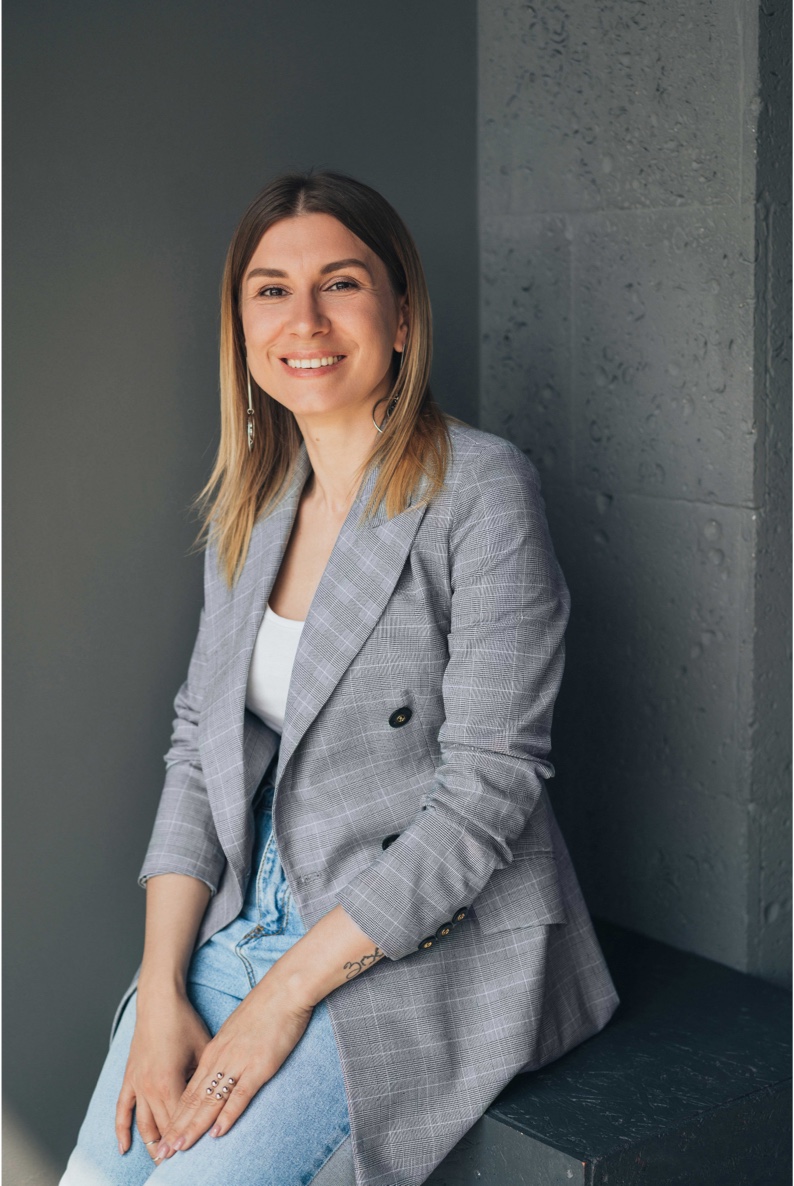
Interview with Iryna Tytarchuk
UA Executive Director at Ukraine Investment & Trade Facilitation Center (ITFC) Founder at Women IN Co-Founder at White Farm
Could you please tell us a little about yourself, your background and your job(s)?
I am from a small town in Ukraine located in the Khmelnytskyi region. After graduating from the University in Kyiv, I entered the graduate school and stayed to live in the capital. I have been working in the educational field for more than 20 years. I teach the course ‘Entrepreneurship’ at the Kyiv-Mohyla Academy. In addition, I have been involved in the field of project management for 5 years. I am also the head of a public organization and am the founder of the Women IN Platform, which supports women and develops women's entrepreneurship. I practice theoretical knowledge in entrepreneurship on my farm, grow greens, vegetables and process them.
Could you tell us why you co-founded Women IN and what they do?
Women's entrepreneurship has always fascinated me. Stories of female leadership inspire and motivate. And when, four years ago, we decided to apply for a grant to support entrepreneurs, it was decided that our focus would be on supporting women. The gender gap in entrepreneurship shows that there are various reasons why women are less likely to start a business. In Ukraine today, only 11% of managers are women. According to the Global Gender Gap Report for 2020, Ukraine ranked 59th, in 2021 this indicator decreased by 15 points, and in 2022 it was already 81st. I believe that the gap will grow in the next 2 years, and the war will play not the least role in this. That's why this question ‘hurts’ me. We need to do more and better to prevent these numbers and change this. I have a daughter and a son, and I want them to be equal in choosing their future and their rights. So far, the advantage in this is on the side of men.
The war in Ukraine must have a major impact on the work you do, both at ITFC and Women IN. Could you tell us about that impact and about how it has impacted the position of women in Ukraine in general?
Neither Covid-19 nor the war affected the efficiency of our organization. On the contrary, the number of projects has been increased. The only challenge is remote work, sometimes it is difficult to organize. This was reconfirmed in the first months of the war, when the employees were defocused and frightened. Now each of them has a goal and leads several projects, including volunteer ones. The needs of women entrepreneurs increased during the war, and this influenced the activity of Women IN as a project initiative. We created two great projects: Help Women Agro in Ukraine – to support women farmers, and Oplich – to support women from the creative industry. For more than 5 years, we have been closely cooperating with small and medium-sized entrepreneurs, and we see the same messages: business does not talk about itself, business is not proud of itself, business does not know how to distinguish between urgent problems and simple challenges of running an operational economic activity. The war only deepened it. Already now, conducting a mini-survey in the community of entrepreneurs of our projects, we see changes in their activities caused by the war. For example, among 100 women surveyed, 18% were forced to move to other regions of Ukraine, and 27% to other countries. 37% are actively working and providing humanitarian and other support, and 30% were forced to stop their activities. Therefore, there is a lot of work and it is interesting.
You also co-founded a small farm. In your view, how is the agri-food sector compared to other sectors when it comes to female engagement and gender equality?
Compared to other industries, agriculture is hard work, influenced by seasonality and climate, unpredictable prices, and the need for constant analysis of sales markets.
Statistics show that more than 80% of rural smallholder farmers worldwide are women. And this was caused by the migration of men in order to find work in other industries.
The UN Labor Sector defined that 45-80% of all women work in agriculture.
Today, the agricultural sector in Ukraine is the heart of the economy. This is the greatest share of exports, this is the newest technology, and this is a very serious institutional change. In 2021, the share of female entrepreneurs in Ukrainian agriculture was 60%, and back in 2018 it was 65%. At the same time, 30% of the total number of women farmers are small farms that need special support. Wages in the agricultural sector are 12% higher for men than for women, and in some places they perform work that is not paid at all. Even as women take on more agricultural responsibilities, their decision-making power remains limited. In Ukraine, very often farms are officially registered to men, and women are used as the default labour force (daily work for the family). I see that there is a difference in the perception of men and women about their opportunities, the process of entrepreneurship, and the background of their decision to start a business. And the issue of access to financial resources for women is a cornerstone for starting a business and scaling it. This situation needs to be changed.
What barriers do you see for women in agri-food and what do you think would break these barriers?
Women tend to use less opportunities, due to the stereotypes of society which are quite strongly rooted in us. Also, women are busy with other things than realizing themselves, unlike men, who clearly form their goals and are more ambitious due to the fact that they do not pay attention to the obstacles around them. And this trend is observed not only in Ukraine, but also in many countries of the world: women are more engaged in unpaid housework, hesitate in their knowledge and skills, and are more dependent on public opinion.
The gender gap in entrepreneurship shows that there are various reasons why women are less likely to start a business. Our survey showed that women have different motivations in business compared to men. For this reason, most companies run by women are small in size and sales, and are more ‘home-based’ and creative. And if you have a medium and large business, then it requires more effort and time, sometimes you have to choose between family and business. The war in Ukraine caused the appearance of such a term as ‘a war-life balance’, and women understand it better than anyone else. Among the participants of the Help Women Agro in Ukraine initiative, there are women who first evacuated their families from dangerous regions, and then returned to save their businesses. For example, about 15% of businesses needed to relocate from temporarily occupied territories or places where hostilities are taking place. And it is difficult to help here, since these are large-scale agricultural businesses (livestock farms, transportation of leftover products from the warehouse, machinery and mechanisms), and there is a threat to life, because it is mostly Kharkiv, Kherson, Zaporizhia regions. It takes time and extra effort to revive such businesses, so state support (especially financial) is very important for this.
What advice would you give to any young woman starting out today as an entrepreneur and is pursuing a career like yours?
Societal demand for quality food, reduced environmental impact and a growing global population will increase the need for businesses that will develop and implement innovative ideas. Therefore, I want not so much to advise as to invite women to create a business in the agricultural sector. Be bold, be creative, test your ideas and take risks. And still study. Agricultural specialists of various fields have always been in demand on the market. And even during the crisis, when the majority of companies in other industries reduced their production and employees, the agrarian business worked in the same mode. After all, the country needs food, and food security issues in such conditions become even more acute.
Agrarian education is a guarantee that a person will always be employed and, therefore, will always be able to realize herself in this field.
Resilience and community wellbeing
By Coldiretti Donne Impresa
Resilience and a focus on the wellbeing of the community. These are some of the strengths of women and female-run agricultural enterprises that Coldiretti Donne Impresa, the movement for the protection and promotion of female entrepreneurship of Coldiretti, the largest Italian and European agricultural organisation, tells us about.
The response of women-led businesses to the changed conditions generated by the Covid-19 pandemic is proof of these strengths. In Italy, for several decades there has been a steady upward trend in the number of new female-led farms, particularly by young women. Covid-19 caused a setback but also generated an opportunity. The typical female prudence, which held back the birth of new enterprises at a time of general uncertainty caused by the pandemic and its economic and social consequences, was also the key to the success of many enterprises led by women. They have been able to withstand the crisis thanks to intelligent choices in products, sales channels, and business management innovations. And by exploiting all the possibilities provided by agricultural multifunctionality. In the summer of 2020, for example, women-led educational farms and agritourism welcomed and involved children and young people in educational and recreational activities at a time when all public and private facilities dedicated to children were closed. Many farms reconverted some of their activities to meet the high number of requests, thus taking on a role as a reference for institutions to supplement the public welfare system.
An ability to withstand the crisis, that today also translates into an increased turnover: 28% of women's agricultural businesses expect to increase their turnover in 2022, compared to 20% of men's farms. In many regions, particularly in Southern Italy, more than 50% of the applications for funding aimed at starting-up new farms were submitted by women. Also, the number of new farms led by women over 40, who choose farming despite coming from different educational and working backgrounds, is constantly growing. Therefore, women's work and enterprises play an essential role in combating female unemployment, and in revitalising rural areas across the country. Women-led enterprises pursue sustainable innovation and service to the rural community. This is not only the key to their success, but also the feature that national and international agricultural policies should support to ensure the overall growth of the sector and the well-being of rural communities.
Donne Impresa brings together and represents the women farmers that are members of Coldiretti (about 200,000 farms, 30% of the member farms). They not only support financing interventions specifically aimed at women of all ages for the start-up and consolidation of agricultural enterprises, but they also underpin monitoring actions to ensure equal access to credit for women farmers. This happens because the history of Coldiretti Donne Impresa has always been, ever since its inception in 1953, almost 70 years ago, a history of work, growth, affirmation, and redemption with women as protagonists. Back then, rural women organised themselves into a movement within Coldiretti, to take action on urgent social issues in the first years after the war, such as protecting the health and rights of rural workers, the right to pensions, decent housing, and to guarantee the right to health and education for rural children. Today, Coldiretti Donne Impresa continues to wage trade union, professional, and equal opportunity battles within local, national, and international bodies, and in production sectors such as fishing, where the rights of women workers are still poorly recognised.
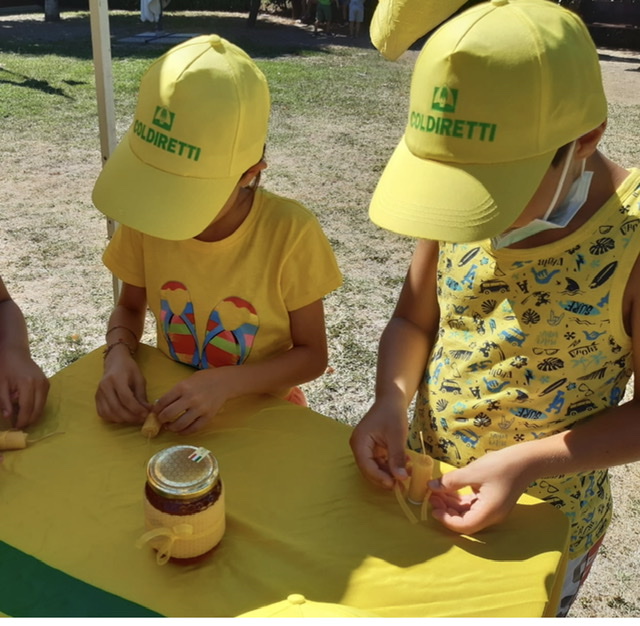
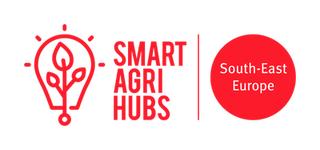

Challenges and solutions for women and young people in the agri-food sector
By Adeline Zhiyanski of the International Movement of Catholic Agricultural and Rural Youth
Since the beginning of times, agriculture has played a vital role in sustaining human life on earth. It not only provides food, it also provides clothing and shelter and overall it has helped to greatly improve the quality of life. Agriculture has greatly developed over time. However, there are still many challenges when it comes to women and young people that have dedicated their time to agriculture in Europe. Some of these challenges relate to gender-specific obstacles.
An example of one of these challenges is the access to land, with the biggest roadblock being the right to land. Financing and markets are other key aspects that put up a barrier for women and young people in the agricultural sector. And because knowledge is where the seed is sown, it´s important to mention that agricultural training and education in many European countries is still done through so- called “informal training”. Knowledge about agricultural practices, gathered over generations of time, is passed on to the next generation without any formal education and the needed training. Other challenges include suitable working conditions and equal treatment—female farmers are put at a significant disadvantage before they ever plough a field or sow a seed.
Luckily, we live in a world where constant change has become a normal part of our life. So, in the light of all the obstacles mentioned above, we should look at change as an opportunity instead of a barrier, to build a better future for Europe.
MIJARC stands for the rights of women and the youth, promoting non-discrimination, as well as supporting the minimization of the ecological footprint that we leave behind. Basing our work on non-formal education, we support and encourage the process of gaining knowledge through this method and want to promote sustainability on all levels, especially when it comes to the working environment.
